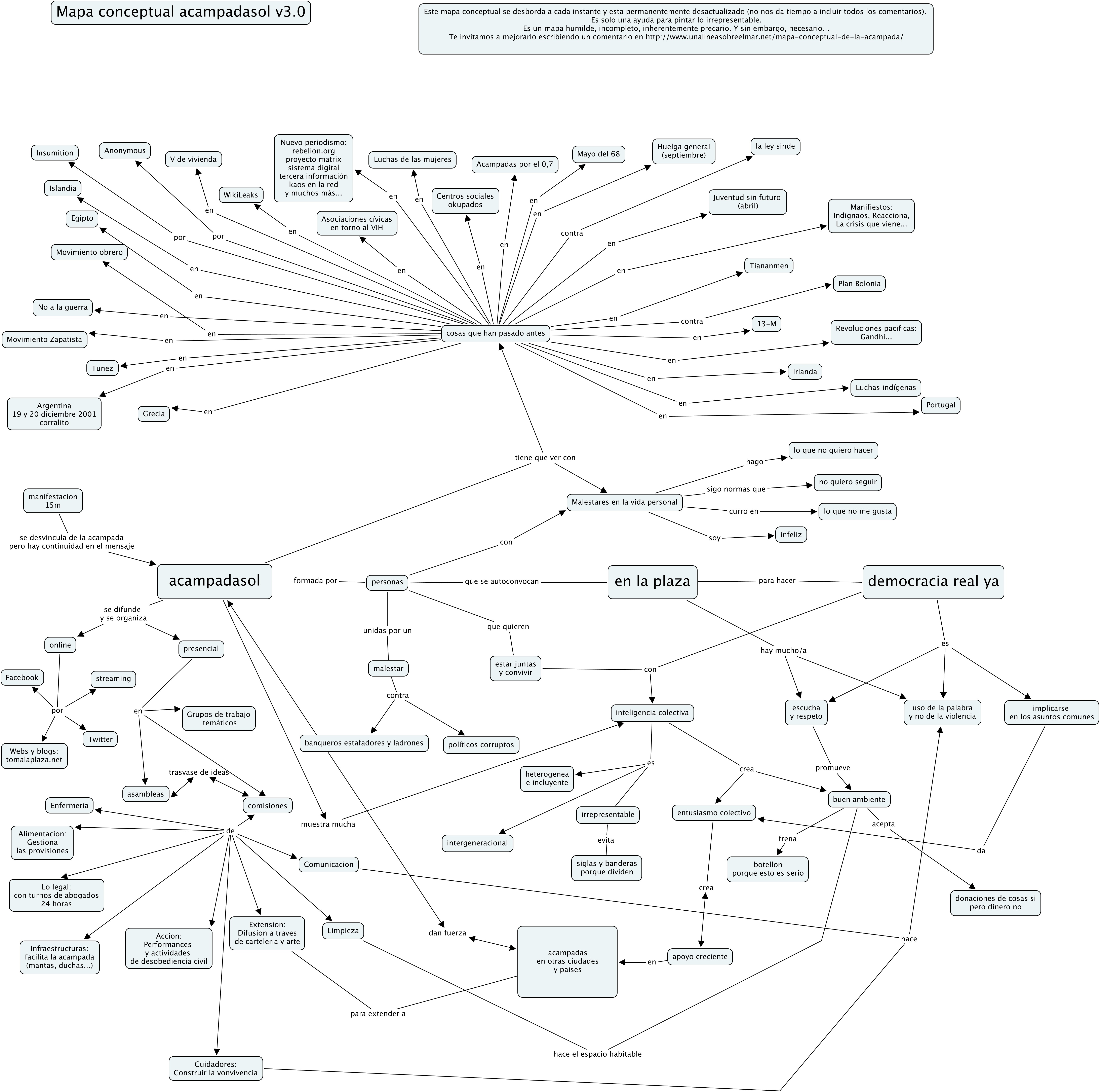
Beyond Techno-triumphalismIn late May I visited Denton, Texas for the 17th International Conference of the Society for Philosophy and Technology. Speaking on a panel about “The Future of Philosophy and Technology,” I offered the following views. # # # # # # #
Philosophy of Technology in a New Key
By: Langdon Winner
Whatever its particular ideas, claims, arguments, theories, and schools of thought, much of modern philosophy of technology has played its compositions within a particular key signature.
For want of a better term, I would call it the key of Techno-triumphalism. Its familiar themes are progress, advance, conquest, improvement, revolution, prosperity, growth, development, democratization, and two new favorites -- innovation and sustainability.
Over many decades much of the discussion among philosophers has focused upon ways to somehow modify the grand trajectory of triumphalist thought, to correct it when it veered off course.
If only we could move the project at little this way or that way, understand and interpret it more intelligently, then things would be fine. Let’s include ordinary people in decision making. Let’s emphasize the environment in our schemes for improvement. Let’s recognize the voices and contributions of women, of people in developing countries and of others who have traditionally been marginalized.
But the underlying, largely unquestioned, conviction has been that our path surely leads onward and upward. More scientific knowledge along with enhanced philosophical clarity will surely produce better technologies, greater prosperity, and improved prospects for human well-being. Such are the lyrics in classic songs sung in the key of Techno-triumphalism. Unfortunately, these days, the melody sounds discordant, while the words increasingly lack conviction.
The grand chorus among today’s universities, tech parks and entrepreneurs is “Celebrate! We’re doing innovation!” But if one looks closely, “innovation” is primarily a label for processes and products useful to the world’s wealthy few and as money pumps for global corporations. No longer can the great majority of human beings on the planet expect to benefit much, although within the neoliberal refrain, some of the wealth may eventually “trickle down.”
Even within the terms of the most optimistic triumphalist projections, current trends are not all that favorable. Some recent analyses of present technical and economic trends take note of an obvious fact – that the 21st century so far has not been a period of world-altering material improvements, but instead an era of technological of stagnation and triviality. (Need I mention flat screen TVs, iPads, Viagra, and other signature products of our era?)
And whatever happened to prosperity from the bubbling cauldrons of nanotech? Where are all those phenomenal high tech industries that were supposed to generate high paying jobs for our children, replacing work lost to global outsourcing?
Along with their fellow citizens, today’s philosophers of technology are reluctant to admit that the great festival of the twentieth century (especially in the U.S.A.) – with the automobile, suburb, hyper-consumerism, and the frantic consumption of fossil fuels – is winding down. The era of peak petroleum has probably already arrived and there are simply no good, readily available, cheap substitutes in energy supply. And since our food supply rests squarely on petroleum, this foreshadows continuing crises in supply and cost of food. One can add to this the growing recognition of peak water and peak availability of wide a range of natural resources.
As ominous signs about energy and other material needs accumulate, our leaders in business, government and the academy staunchly refuse to face our predicament squarely, preferring to repeat the beguiling triumphalist tunes of the 19th and 20th centuries.
Perhaps even more significant in the long term is the advent of rapid, possibly irreversible, anthropogenic climate change bringing monster storms, devastating droughts, melting glaciers, rising seas, massive floods, and other disasters.
The good news is that in a bold move to address the problem, the U.S. House of Representatives recently voted on the proposition “climate change is occurring, is caused largely by human activities, and poses significant risks for public health and welfare.” The resolution lost 240 to 184.
Reflected in this breathtaking vote is an attitude shared by many of the world’s political and business leaders and, alas, quietly shared by many philosophers – a state of complacent denial.
Perhaps the coming “singularity” will save us. Or maybe an unexpected miracle from the research and development labs will confront the combined crises of energy, climate, world hunger, and social unrest, dispatching these maladies with a wave of a magic wand.
My modest suggestion is that a central project for philosophers of technology in the years ahead is to achieve a clear, rational, and hopeful view of human prospects beyond Techno-triumphalism.
There is not enough time today to spell out what this project would entail.
Certainly it would include an awareness of the sweeping consequences of peak energy and climate change. To my way of thinking, it would also involve frank recognition that the core belief of contemporary civilization – that technological development brings economic prosperity, the sure pathway to universal human well-being – is now an exhausted, largely discredited myth.
A realization of this kind need not be occasion for despair. It is clear that humanity must somehow live more lightly on planet Earth, a challenge that necessarily moves questions of social justice to the forefront of concern.
Can the inquiries of philosophers and the anthems of world societies be written in a new key signature?
Strike up the band.


